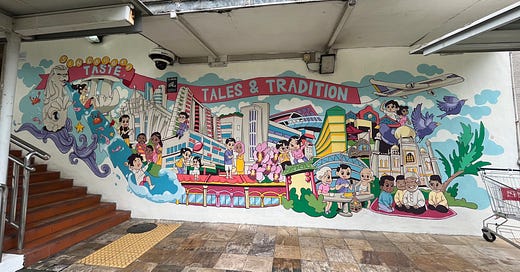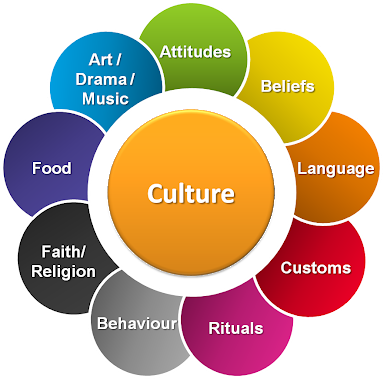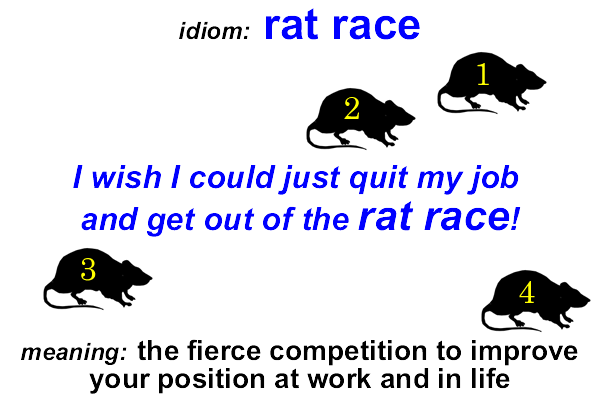Saint Anthony Bourdain would argue that one should be a traveler, not a tourist.
This entails owning a fiery hunger to soak in as much of a country’s culture, no matter how uncomfy it gets. I have been religiously following this advice during my first trip across the Atlantic to Asia.
More specifically, Singapore, aka the Asia for Beginners🥢
I can tell you about the Laksas, Chilli Pan Mees, Kaya Toasts, and the brand of each bubble tea I stuffed in my mouth. I can list out half of the MRT stations and lines. I was able to notice the worthy-of-admiration coexistence of Chinese, Malays, and Indians firsthand, visiting churches, Buddhist temples, and Mosques. I can speak on Singaporeans’ non-confrontative and indirect communication styles, even guess the Pantone shade of the dark green that reigns their streets. And, long live Lee Kuan Yew!
Is this culture, though?
To tangibilize the abstract, layered, and mystical concept of culture, let’s resort to the ugly yet helpful graph above, which kind of indicates that these aspects are, indeed, cultural aspects.
Even more thought-provoking, though, are the conclusions and the dots connecting from the first layer of observations done.
Like when I realized I hadn’t met a single Singaporean with divorced parents, quite a striking contrast to my context, and being able to trace it back to… Oh! the huge importance they give to family cohesion + the present social pressure of their culture + Singapore’s crazy costs of living…
Anyways, I’m going off track. Apologies for my knack for cultural and societal dissection🐣
Now, if you notice, the artistic petal of the diagram has not been addressed. And it’s not because of a lack of interest in the area, quite the contrary, as you guys know my ears are always on the hunt for new sounds.
When I asked my friends about Singaporean music or just plain out any artist who had become successful worldwide, they went blank. No genre came to mind, and as for artists, JJ Lin was the only local act that they could speak of their success… in China. Other than that, nada de nada.
So, I put my curiosity lenses on and began my dot-connecting quest.
Big Fat Disclaimer: I am not trying to speak on behalf of the Singaporean nation. These were just the conclusions resulting from the pretty art of observation and conversation with locals🫂
A young nation’s limitations
The first thing that came to mind is that Singapore is a baby in historical terms. It established itself as a nation only by 1965, about 70 years ago, while millennial nations and empires had time to brew a rich folkloric sound of their own.
Portuguese melancholic fados emerged from sailors' laments and longing, flamenco carries the weight of Moorish, Jewish, and gypsy influences; Irish and Scottish celtic pipebags that probably were handed from grandpas to kids for generations.
Actually, let’s put Eurocentric examples aside and grab the direct migration groups that constitute the nation’s population. Take Chinese instruments like the guzheng and erhu that give birth to that distinct Oriental sound you, as a Western, might recognize from the Kung Fu Panda soundtrack, India’s rhythmically rich Bhajans, and Malaysian music, one I’m less acquainted with, and I can’t speak on heheh.
The merger of these sounds could have turned into such a distinct sound for the nation! Why hadn’t it taken place? For food the merge most certainly happened… but what about music?
The answer is plain and simple: the country was busy shaping itself.
Their lack of natural resources made human labour their biggest asset to transform itself from the colonial conditions to a first-world powerhouse, and the process didn’t allow for much space for creative side-quests.
Academic Focus above Anything
But times have changed. Right?
Yes, they have, indeed, met their goal of becoming a first world country. However, as education was deliberately positioned as the primary vehicle for national development and individual social mobility, the weight they give to academic success still lingers.
Hence, Singaporean kids, tweens, teens, and young adults dedicate most of their precious free time to studying AND anything that does not drive economic growth is not taken seriously as a living.
The ‘rat race,’ as someone I randomly met in Chinatown described it, still lingers.
When an Auntie dismisses musical aspirations, she's not simply expressing concern about financial stability; she's enforcing a deeply internalized value system where measurable academic achievement represents the ultimate social capital. The badge of "my son the doctor" carries weight beyond economic considerations: it confers status, respect, and cultural conformity. None gained by “my aspiring pop star son.”
The Perfectionist's Paradox
Paradoxically and ironically, Joshie, one of my best SG friends, is the most skilled guitarist I have personally met in terms of technical skills. Which led me to think that, maybe, those who take music as a hobby treat their art with the same meticulous methods as they study, seeking perfection?
There was this conversation I had with Macy and her boyfriend that shed light on the public side of things, instead of the musician. Wengkin said,
“Singaporeans are accustomed to efficiency, excellence, no flaws.”
This kind of crowd is tough, considering music is supposed to derive from spontaneity and sentiment. The expectations we are talking about could restrain an emerging artist from even having the courage to drop their first single— and even more concerning, strip them away from the authenticity, the foundation of connection.
Cultural Cringe and the Shadow of Global Influence
Shannon Ling attributes the struggles of the local scene to the phenomenon of cultural cringe in Ignite Magazine (2021). She sustains her argument with four factors:
Singaporeans’ perception of their local music as inauthentic, a cardboard copy of K-Pop and Western superstars.
The rejection of the Singlish accent (personal objection here, I LOVE Singlish, lah)
The belief that local artists possess ‘inferior skills’, deriving from the smaller pool of potential artists, as the population size is significantly smaller (6M) compared to neighboring Asian countries.
The belief that Singaporean music must reflect nationalistic values.
These self-limiting beliefs they hold sing “the grass is always greener on the other side”. Totally recommend reading the full article, as she lists out some SG performers on the rise, and how they relate and validate her theory.
Like Shannon points out on a speech delivered by Prime Minister Lee Hsien Loong in 2017, saying “A civilisation is defined as much by its arts and culture as it is by its technology, its power or its prosperity… Human beings need the arts and culture to nourish our souls.”
Couldn’t agree more. As I pack my bags to leave Singapore, I cannot help but long for a future where I come back and the artistic nature of the country flourishes, and make me adore the country even more than I already do🌺
For now, I’ll be digging into this Spotify playlist called Rising 65, aimed at promoting their up-and-coming talents.








really interesting insights! this would be the complete opposite case in the Philippines (musical identity x1000). hope you can visit <3.